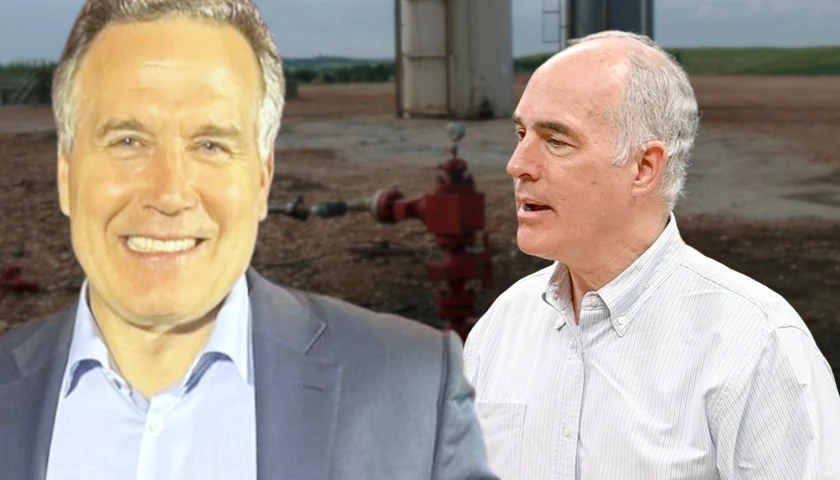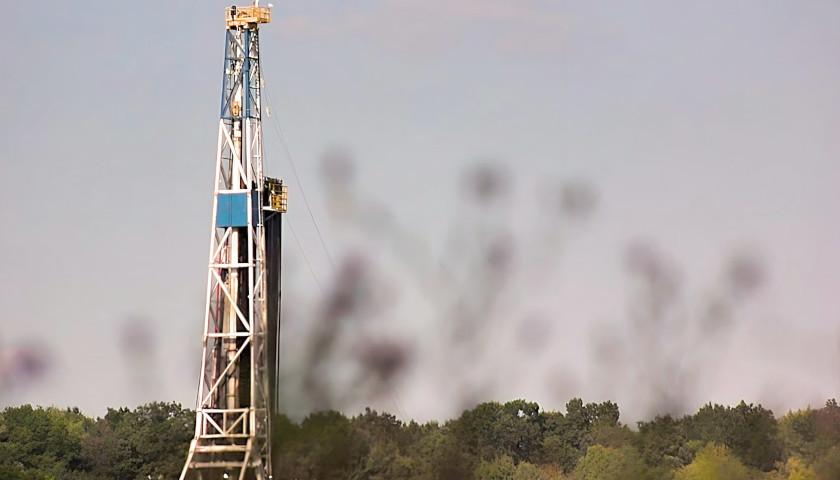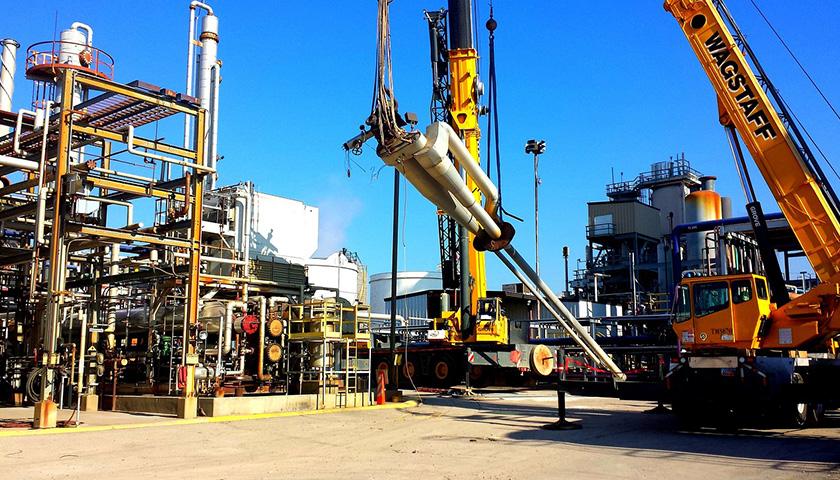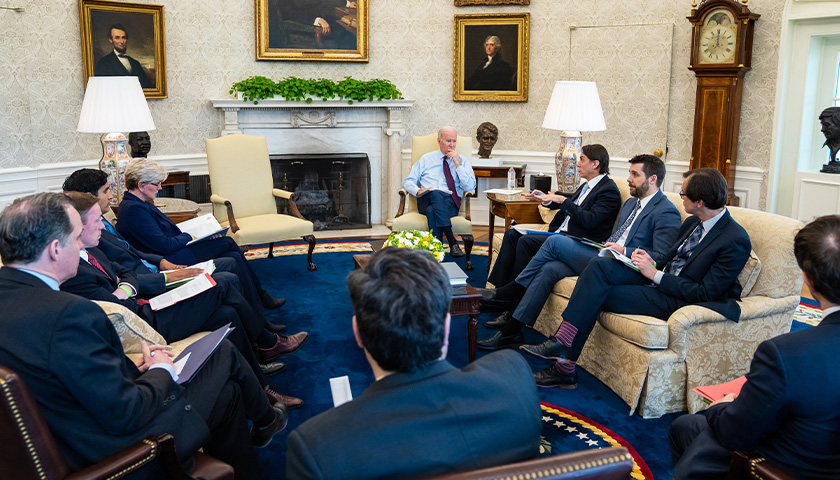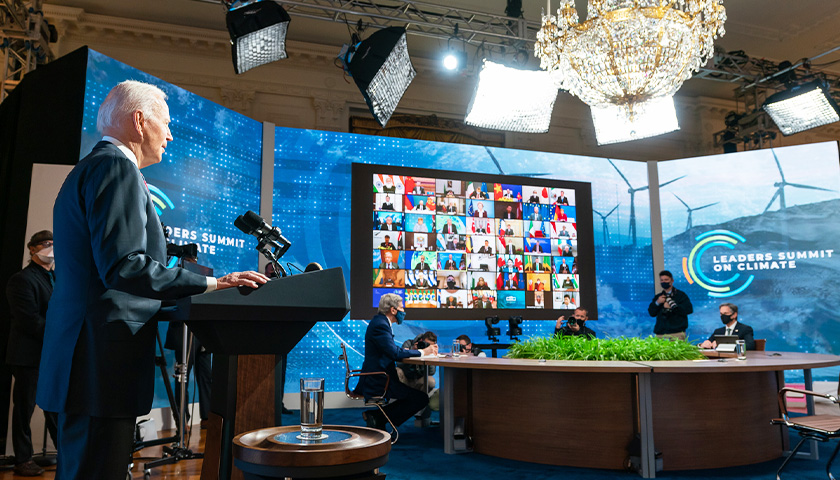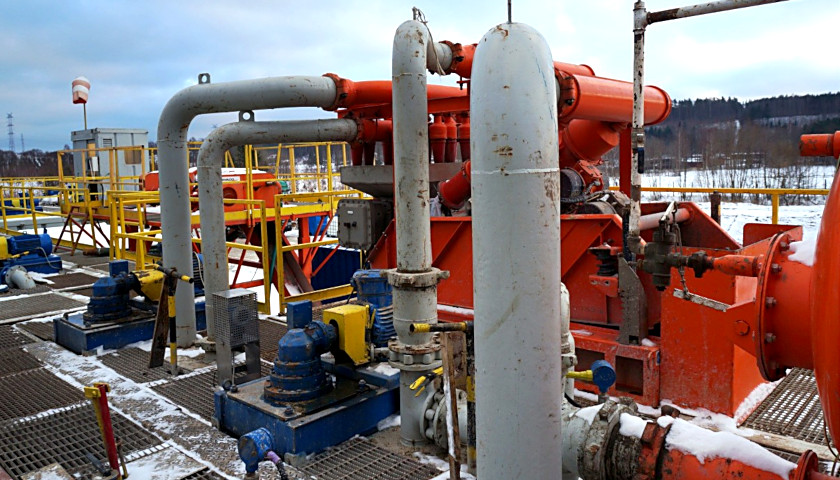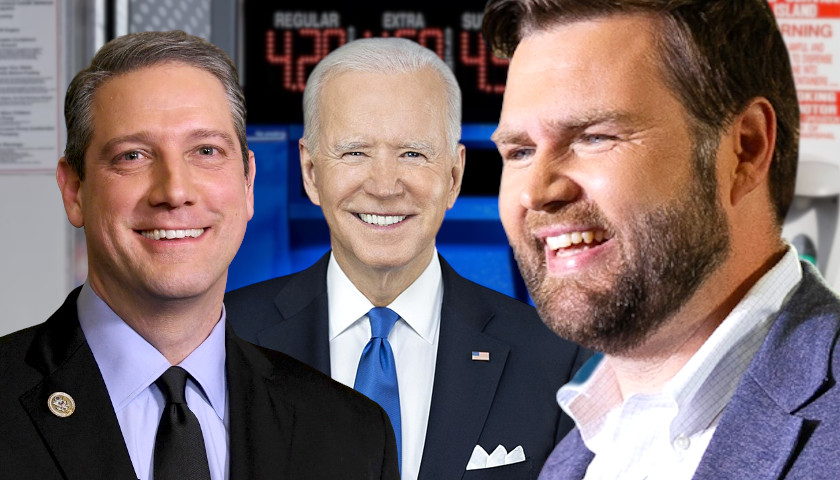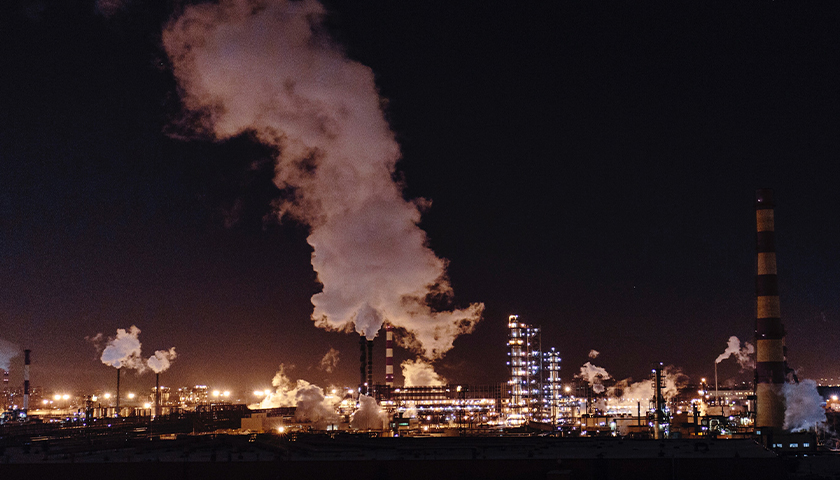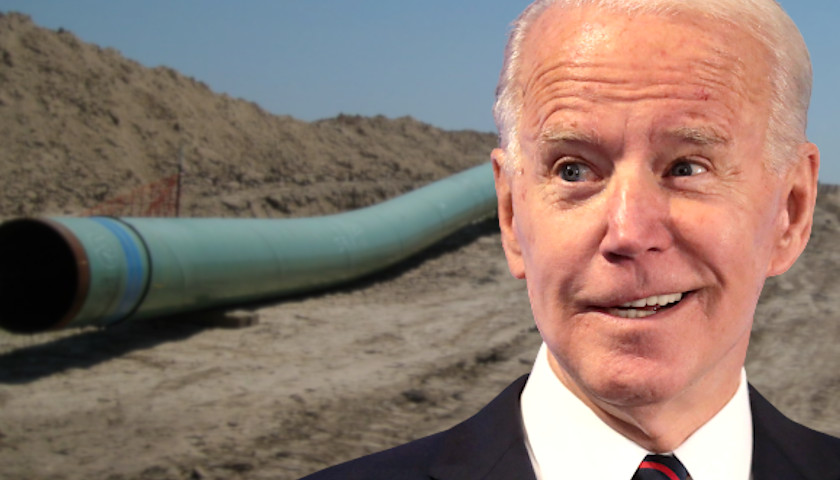In just the last three weeks, Russia’s invasion of Ukraine has significantly altered our national energy policy landscape and dramatically shifted the political dynamics around legislative priorities and political possibilities in Congress. The roiling of global oil markets, underpinned by an already tight supply situation from the post-pandemic economic awakening, has been driven by perceived risks of supply disruption caused by the Russian invasion. Risk premiums and a formal American embargo of Russian energy have sent prices skyrocketing and revealed, once again, that we have few good short-term options when faced with energy supply challenges. While our tools are limited today, the current moment may present an important window of opportunity to develop a policy approach that reduces this vulnerability and limits our exposure next time. This renewed attention to energy security combined with a focus on fighting energy inflation has the potential to galvanize a bipartisan policy pathway that would have been unthinkable as the year began.
The broad support that materialized in Congress and the White House for a ban on Russian oil and natural gas imports earlier this month is a case in point. Remarkably, widespread congressional support for the ban occurred despite already high gasoline prices, with oil prices well over $100 a barrel and gasoline averaging more than $4.30 a gallon across the nation.
As President Biden said when announcing the ban, “Americans have rallied to support the Ukrainian people and have made it clear we will not be part of subsidizing Putin’s war… This is a step that we’re taking to inflict further pain on Putin, but there will be costs as well here in the United States.”
Read the full story

